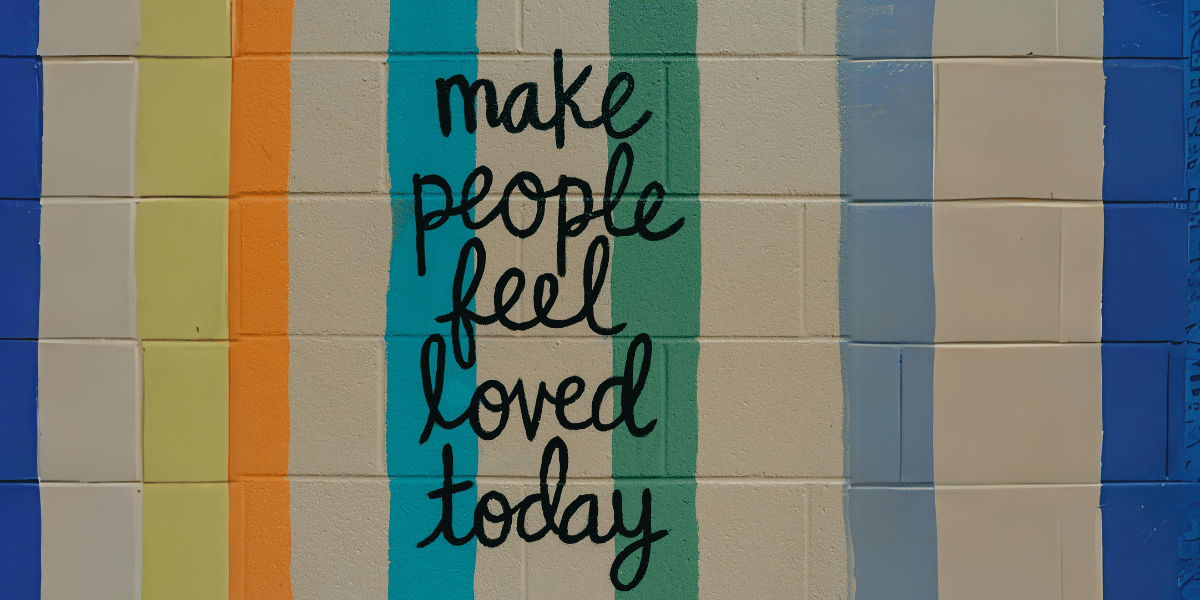In contemporary society, the concept of attractiveness holds significant sway over individual self-perception and social interactions. However, for some individuals, the perception of being unattractive can become a source of distress and impact various aspects of their lives. This essay explores the factors contributing to perceived unattractiveness and strategies for coping with and overcoming these feelings.
Factors Influencing Perceived Unattractiveness
Do you think you are unattractive? Perceived unattractiveness can be influenced by a variety of factors, ranging from societal standards of beauty to individual psychological perceptions. Society’s idealized images of beauty, often portrayed in media and advertising, can create unrealistic expectations and standards that individuals may struggle to meet.
Moreover, constant exposure to these standards through social media platforms can exacerbate feelings of inadequacy and self-doubt through comparisons with others. Additionally, personal experiences, past traumas, and underlying mental health issues can contribute to distorted perceptions of one’s appearance, further intensifying feelings of unattractiveness. Overall, a complex interplay of societal, cultural, and individual factors shapes how individuals perceive their attractiveness.
Physical Appearance and Societal Standards
Physical Appearance and Its Impact on Self-Perception
Physical appearance often plays a pivotal role in shaping one’s self-perception. Societal standards of beauty, perpetuated through media, advertising, and cultural norms, can create unrealistic expectations regarding appearance. Individuals who do not conform to these standards may perceive themselves as unattractive, leading to feelings of inadequacy and low self-esteem.
The Influence of Social Comparisons
Social comparisons, whether overt or subtle, wield considerable influence over feelings of unattractiveness. The omnipresence of idealized beauty standards in social media and daily interactions perpetuates a cycle of comparison that often leads to heightened feelings of inadequacy and self-doubt.
The relentless exposure to curated images of beauty on various platforms exacerbates the sense of unattainability, fueling insecurities and reinforcing negative perceptions of one’s appearance. Constantly measuring oneself against these unrealistic standards fosters a toxic cycle of comparison, where individuals frequently find themselves falling short and internalizing feelings of inferiority.
Psychological Factors
Psychological factors play a significant role in influencing feelings of unattractiveness, often stemming from past experiences, trauma, and various mental health issues. These factors can create a fertile ground for negative self-perception, exacerbating the sense of unattractiveness and eroding self-confidence over time. Negative self-talk, characterized by harsh internal dialogue and self-criticism, can reinforce distorted body image perceptions and heighten feelings of inadequacy.
Additionally, unresolved insecurities stemming from past traumas or societal pressures can intensify perceived unattractiveness, creating a formidable barrier to cultivating a positive self-image. Therefore, addressing these psychological factors is crucial in developing effective coping mechanisms and promoting self-acceptance in the face of perceived unattractiveness.
Coping Strategies for Dealing with Perceived Unattractiveness
Coping with perceived unattractiveness requires a multifaceted approach aimed at promoting self-acceptance and enhancing overall well-being. One effective strategy is cultivating self-acceptance by embracing one’s unique qualities and strengths while reframing negative self-perceptions. Challenging negative self-talk and replacing it with self-compassionate language can help individuals develop a more balanced and nurturing inner dialogue.
Seeking support from trusted friends, family members, or mental health professionals can provide validation and perspective, helping individuals navigate feelings of unattractiveness in a supportive environment. Engaging in self-care activities such as exercise, hobbies, and creative expression can boost self-esteem and promote resilience in the face of societal pressures. Ultimately, coping with perceived unattractiveness involves fostering a sense of self-worth and embracing one’s inherent value beyond external appearance.
Self-acceptance and Positive Self-Talk
Self-acceptance and positive self-talk are fundamental pillars in the journey towards overcoming perceived unattractiveness and fostering a healthy self-image. Embracing self-acceptance involves recognizing and embracing one’s inherent worth, independent of external standards or societal expectations. By acknowledging and embracing one’s unique qualities, strengths, and imperfections, individuals can cultivate a deeper sense of self-love and appreciation.
Cultivating Self-Acceptance
Cultivating self-acceptance involves embracing oneself, flaws and all, and recognizing that beauty comes in diverse forms. By focusing on inner qualities and personal strengths, individuals can develop a more balanced and realistic view of themselves.
Challenging Negative Self-Talk
Challenging negative self-talk is crucial in combating perceived unattractiveness. Recognizing and reframing self-critical thoughts can help individuals develop a more compassionate and nurturing inner dialogue. Practicing self-compassion and mindfulness techniques can also foster greater self-acceptance and resilience.
Seeking Support and Building Resilience
Seeking support and building resilience are essential components of effectively coping with perceived unattractiveness. Actively reaching out to trusted friends, family members, or mental health professionals can provide invaluable validation, perspective, and emotional support during challenging times. Sharing feelings of unattractiveness in a safe and supportive environment fosters a sense of connection and reduces the burden of isolation. Additionally, seeking professional guidance can offer tailored strategies and coping mechanisms to navigate negative self-perceptions and develop healthier self-esteem.
Seeking Support Networks
Seeking support from friends, family, or mental health professionals can provide valuable validation and perspective. Sharing feelings of unattractiveness in a safe and supportive environment can alleviate feelings of isolation and foster a sense of belonging.
Building Resilience
Building resilience involves developing coping mechanisms to navigate challenges and setbacks. Engaging in activities that promote self-care, such as exercise, hobbies, and creative expression, can bolster self-esteem and enhance overall well-being. Developing a sense of purpose and pursuing meaningful goals can also contribute to a sense of fulfillment and confidence.
Conclusion
Perceived unattractiveness can be a challenging and deeply personal experience, influenced by a myriad of factors ranging from societal standards to psychological well-being. However, by understanding the underlying factors contributing to these feelings and implementing coping strategies such as self-acceptance, positive self-talk, seeking support, and building resilience, individuals can begin to reclaim their self-worth and embrace their unique beauty. Ultimately, true attractiveness lies not in conforming to external standards but embracing and celebrating one’s authentic self.
Published By: Aize Perez


















